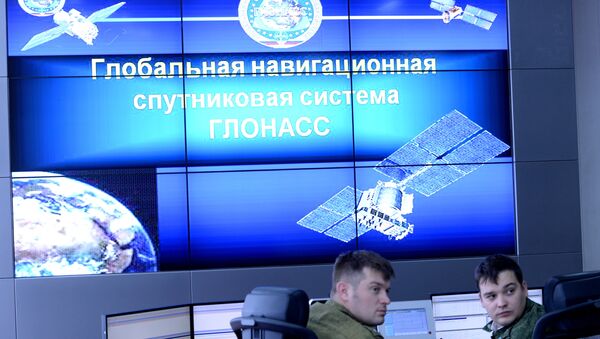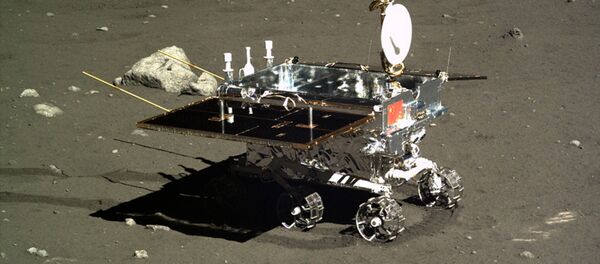"We are not in the process of implementing [the system]," Zhang told RIA Novosti in response to a question on the time frame for building the system's first six ground stations.
Plans for the system were first mentioned in 2015. In September, the Russian Space Systems (RSS) company said talks were ongoing. RSS deputy head engineer Grigory Stupak said that high precision would be achieved by expanding the two countries' network of SDCM system stations working with the Russian Glonass and Chinese BeiDou satellite navigation systems.
The Glonass project, which was launched in 1993, is operated by the Russian Aerospace Forces and consists of 27 satellites, 24 of which are operational. The system allows real-time positioning and speed data for surface, sea and airborne objects around the world.
BeiDou currently provides navigation services within China and the neighboring regions. After completion, the project would become an equivalent of GPS, Glonass and Europe's Galileo.
In May last year, China and Russia signed the BeiDou-Glonass system compatibility and interoperability cooperation agreement, marking a new stage of navigation cooperation between the two countries.




